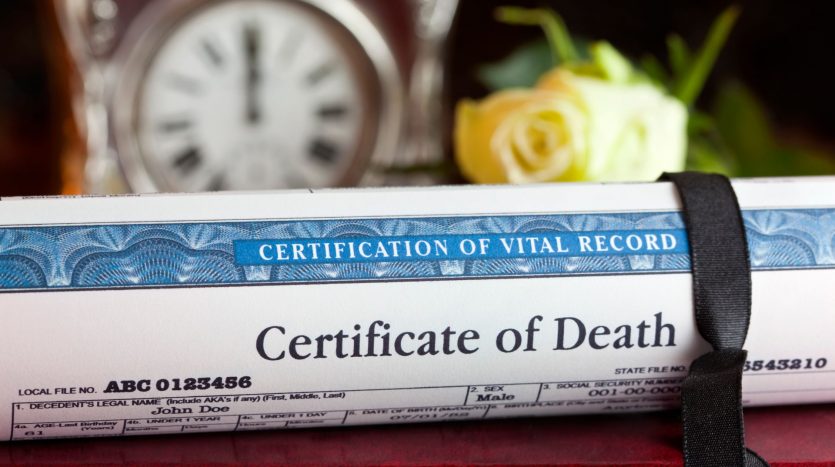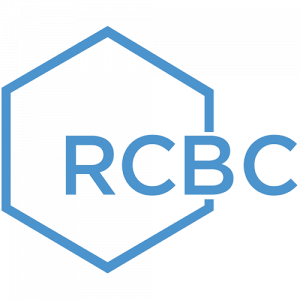How to Settle Loved One’s Debts and Liabilities After Their Passing
Losing a loved one is a difficult time, and alongside the emotional challenges, there are practical matters to address, such as settling debts and liabilities. Understanding the process of settling these financial obligations in the Philippines is crucial to ensure a smooth transition. In the Philippines, when a person passes away, their debts and liabilities do not automatically go away. The responsibility for settling these debts depends on various factors, including the type of debt and the estate of the deceased individual.
Generally, the debts and liabilities of the deceased are the responsibility of their estate. The estate includes all the assets, properties, and liabilities left behind by the deceased person. The estate must be administered and settled according to Philippine law. In this blog, we will provide you with a step-by-step guide on how to settle debts and liabilities after the death of a loved one in the Philippines.
RELATED: Understanding Funeral Expenses and How to Manage Them
Notify Creditors and Lenders
Start by notifying creditors and lenders about the death of your loved one. To do this, provide a copy of the death certificate and a formal notification letter. Informing them promptly helps prevent further accumulation of interest or penalties.
Gather Required Documents
Collect all necessary documents, such as loan agreements, credit card statements, and outstanding bills. These will help you gain a comprehensive understanding of the debts and liabilities that you need to settle on behalf of the deceased.
Understand the Estate Administration Process
In the Philippines, if there is a valid will, an appointed executor will oversee the settlement of debts and liabilities. If there is no will, the heirs will need to apply for legal administration through the court. Consulting with an estate attorney familiar with Philippine law is advisable to navigate the legal requirements and procedures effectively.
Review Estate Assets

Assess the deceased person’s assets, including bank accounts, investments, properties, and personal belongings. Determine which assets can be used to settle the debts and liabilities. It’s important to prioritize debts and allocate available assets accordingly.
Negotiate with Creditors and Lenders

Engage in open communication with creditors and lenders to discuss possible settlement options. In some cases, negotiating for lower settlements or setting up payment plans may be feasible. Additionally, ensure that all agreements and conversations are properly documented.
Settle Debts and Liabilities

Utilize the available estate assets to pay off the debts and liabilities. Start with secured debts, such as mortgages or car loans, as these typically have collateral attached. Furthermore, address unsecured debts like credit card bills or personal loans. Keep accurate records of all payments made and obtain receipts or confirmation of settlements.
Finalize the Estate Distribution
Once the debts and liabilities have been settled, distribute the remaining estate assets to the heirs according to the provisions of the will or the laws of intestacy. The executor or administrator will oversee the distribution process, ensuring compliance with legal requirements.
Seek Professional Assistance
Managing debts and liabilities after a loved one’s death can be complex, especially if legal issues arise or if the estate is substantial. Seek guidance from an estate attorney or a financial advisor experienced in Philippine estate settlement to ensure compliance with local laws and regulations.
Settling debts and liabilities after the death of a loved one in the Philippines requires careful attention and adherence to legal processes. By following this step-by-step guide, which includes notifying creditors, understanding the estate administration process, negotiating with lenders, and settling debts, you can navigate the complexities involved. Seek professional assistance when needed to ensure a smooth settlement process and honor your loved one’s memory by properly managing their financial affairs.
READ MORE: Golden Haven Memorial Park News and Update






















